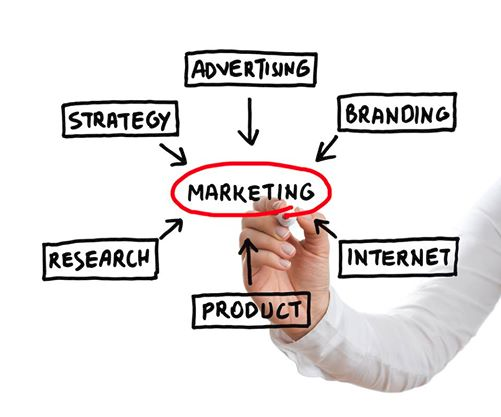It’s 2017, and people are launching ecommerce websites left, right, and center.
With so much competition on the Internet, it might be difficult for you to get the right attention for your business—especially if you don’t get certain things right. To this end, here are some tips and strategies on how to build your online business and expand it successfully.
#1: The Right Website Builder
It is often easier to build your own website than having someone build it for you. You’ll have to shell out a fortune on the web designer; this is downright unaffordable when you’re a bootstrapped startup. It can get complicated too. If you need changes, you will have to convey your message, and wait for the work to get done.
Instead, you could build your own website with a website builder. There are several of these on the Internet, specially designed to help you build an e-commerce website. Here is a list of some of the best hosted and non-hosted e-commerce website builders.
Hosted
- Shopify
- Volusion
- BigCommerce
Non-hosted
- WooCommerce
- Magento
- OpenCart
With a hosted service, you don’t have to worry about all the hardware (think server rooms) you need to host your website. With a self-hosting feature though, you can customize the hosting of your website. This lets you pick the right hosting choice for your website.
All of these are viable choices to develop your upcoming e-commerce website, they all provide certain unique advantages. For instance, Shopify has some added benefits with its built-in features. It offer you a platform to build your website, and tools like the Business Name Generator and Logo Maker help you find solutions for all your e-commerce needs in one place.
#2: Launch ASAP
Don’t rush the process of launching your website. Make sure that you take every step carefully, and set things in place, before you launch your website. At the same time, wasting time on the initial days of your business isn’t a good idea either. Strike a balance.
Since you’re only beginning, chances are that you don’t know much about your customers. To make sure that you understand your crowd better, you have to launch your service and check the reception. While you collect this information, you also start making sales.
Another reason to launch your website quickly: the amount of effort and time it takes to market your business. The sooner you launch, the faster you can make your business popular. Using a simple pre-built template is a good option when building your website.
#3: Do It Yourself
You may feel that asking for help when building your website is a good idea.
With someone else on board, it makes things easier for you. Consider the long run, though. When you’ve expanded your business enough to have a couple of employees working under you, handing the job over to them can be difficult.
Additionally, if you do everything on your own, you are bound to understand the process at a deeper level. This will give you greater control over things, and will be useful to you in the future.
#4: Market As If Your Life Depended On It
Many underestimate the amount of marketing required to make their websites popular. This process is even more difficult during the initial days of your business. Market your business relentlessly during the initial 6 months of your venture. You can take the time to improve your website too, but ensure that you spend most of your time in marketing.
Running advertisements is a good idea to get traffic to your website but aren’t very effective in the long run. Be warned though: some pay-per-click Google ads are highly effective, but consume a heavy portion of your budget.
Alternatively, concentrate on your SEO rankings and other organic marketing methods.
These 4 key tips help with the running of your e-store. There are several other ways to make your business better too. These include: listening to your customers’ feedbacks, testing your products, focusing on growth, and others.
Related Posts















